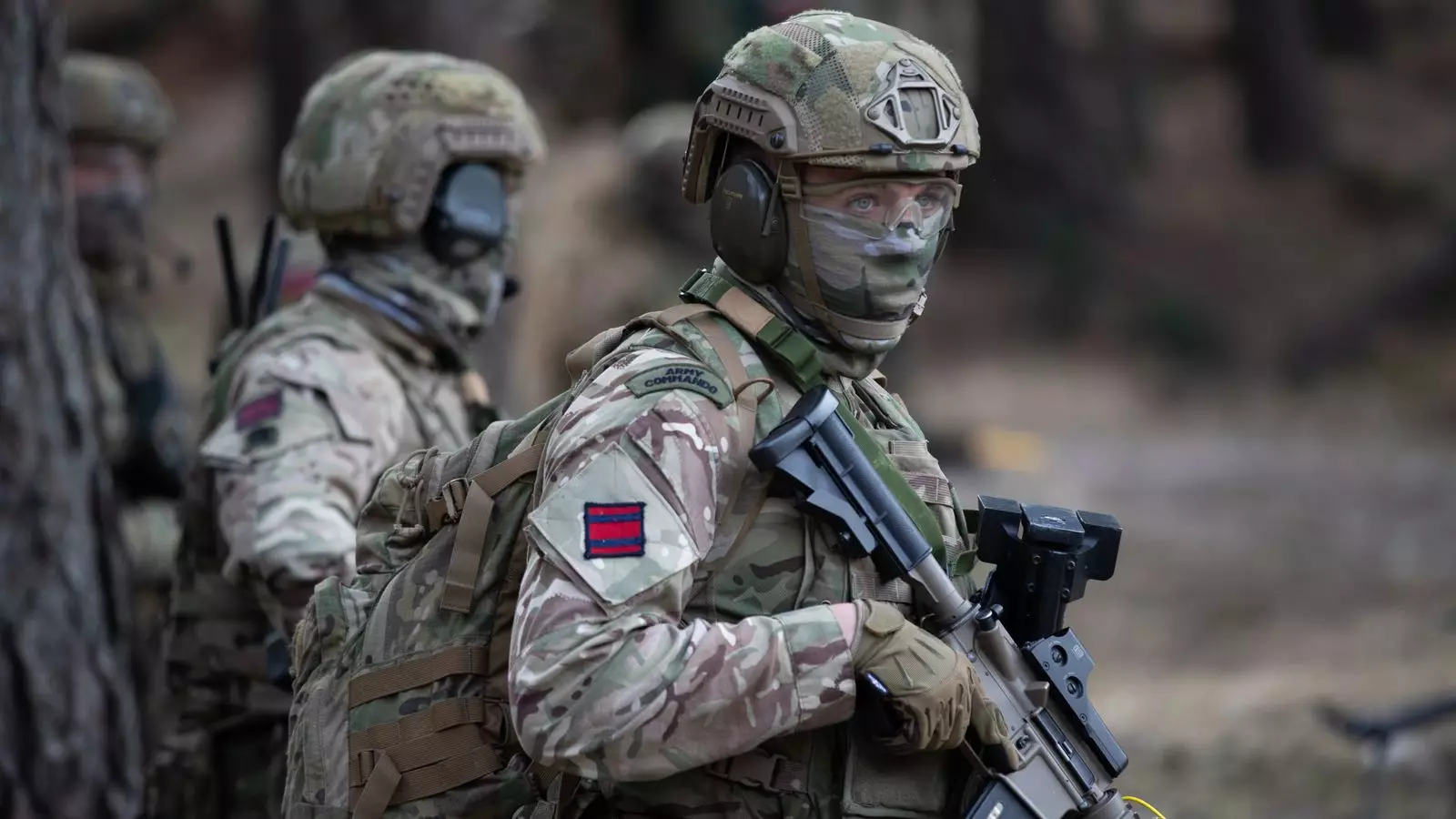The UK is facing a significant challenge in procuring all the necessary weapons due to a massive increase in the cost of the nuclear deterrent, which has resulted in a record funding gap. According to a report released by a group of MPs, the gap is at least £16.9bn in a rolling, 10-year plan to acquire equipment for the Army, Royal Navy, and Royal Air Force. Inflation and a weak pound have also contributed to this shortfall, making it even more difficult to bridge the funding gap and meet the needs of the military.
The Public Accounts Committee criticized the Ministry of Defence (MoD) for not having a credible plan to address the funding gap and deliver fully funded military capability as desired by the government. The MPs highlighted that the actual deficit could be closer to £30bn if all the capabilities required by the Army are included in the costs, rather than just what it can afford. This lack of foresight and planning is alarming, especially in an increasingly volatile world where security threats are mounting.
Defense chiefs have been criticized for basing their calculations on the optimistic assumption that the government would increase defense spending to 2.5% of national income from around 2.1%. However, there is no guarantee when this increase will happen, leaving the MoD in a precarious position. The failure of the Treasury to increase defense spending in the Spring Budget despite growing security threats has only added to the challenges faced by the military.
Spiraling Costs
The report highlighted that the £16.9bn gap in affordability is the largest since the MoD started its rolling 10-year equipment plan in 2012. This gap comes despite the government increasing planned spending on military equipment to £288.6bn over the next decade. However, a significant rise in funding for the Defence Nuclear Organisation has further strained the budget for conventional military capabilities. The spiraling costs of the nuclear deterrent could potentially exacerbate the funding gap and hinder the procurement of essential equipment for the armed forces.
Delaying Tough Decisions
The MoD has been accused of postponing tough decisions about canceling programs to address the funding shortfall. The report noted that the MoD is unwilling to make major decisions about canceling programs until after the next Spending Review, which is expected in 2024. This delay could further exacerbate the funding gap and affect the military’s ability to acquire the necessary weapons and equipment.
Skill Shortage
In addition to the funding challenges, there is also a shortage of skilled officials to oversee the delivery of complex procurement programs. With 1,800 different projects to buy various equipment, the lack of skilled personnel could hinder the successful implementation of these programs. Only a few projects are rated as highly likely to be delivered on time, budget, and quality, indicating a significant challenge in managing and executing these procurement programs effectively.
The UK is facing a daunting task in addressing the record funding gap and procuring the necessary weapons and equipment for its armed forces. The lack of a credible plan, optimistic assumptions, spiraling costs, and delays in decision-making are all contributing to the challenges faced by the MoD. Addressing these issues will require strategic planning, tough decisions, and strong leadership to ensure that the military capabilities needed by the country are delivered effectively and efficiently.


Leave a Reply